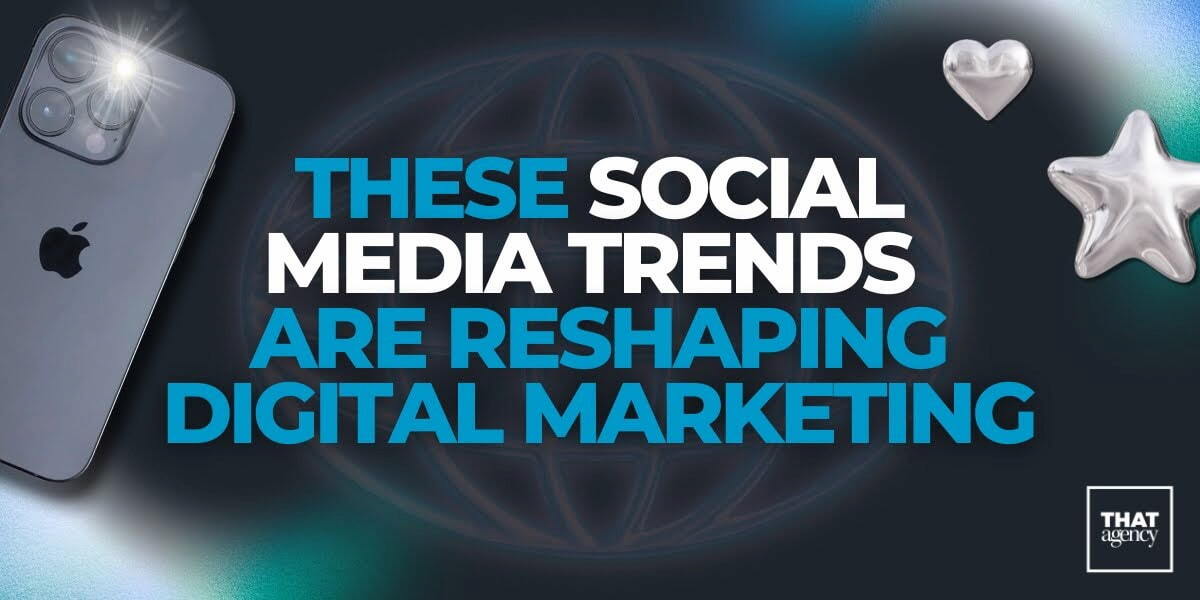You could be the star of an advertisement – whether you like it or not. How does Facebook’s Sponsored Stories feature work? If a user ‘likes” a business, then the business in question can republish that information on the social networking site in the form of an ad. These ads may contain your name and profile photo. Facebook says that Sponsored Stories doesn’t violate privacy of its users because the ads are only visible to those on the user’s friends list but critics say these ads come perilously close to “consumer abuse.”

Facebook’s Jim Squires says of Sponsored Stories, “It’s about taking the word of mouth recommendations and endorsements that are happening across Facebook every day and increasing the distribution of those.” Facebook also makes the point: “Anything that one of your friends is seeing as a sponsored story which features some of your content is actually something they would have already seen in their news feeds. A sponsored story never goes to somebody who is not one of your friends.” The problem is, though, a lack of consent by the user.
Marsha Collier, author of The Ultimate Online Customer Service Guide, says, “If a brand wants to use my words as a testimonial, they should ask permission. Using my words of out context is an unfair monetization of a user’s content. Compliments given to brands should be lauded with respect. Customers should not be used.”
In an op-ed piece for Mashable, David Berkowitz, says the problem is that user’s comments or actions used in Sponsored Stories are not “organic.” “When my friends first saw my check-ins, updates, and application interactions, it was organic. It was because at that precise moment, I wanted them to see it.” Later, he argues, “it has nothing to do with me,” and instead becomes about the brand using his words or actions outside of the context for which they were originally intended.




